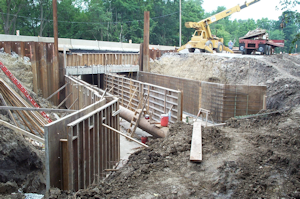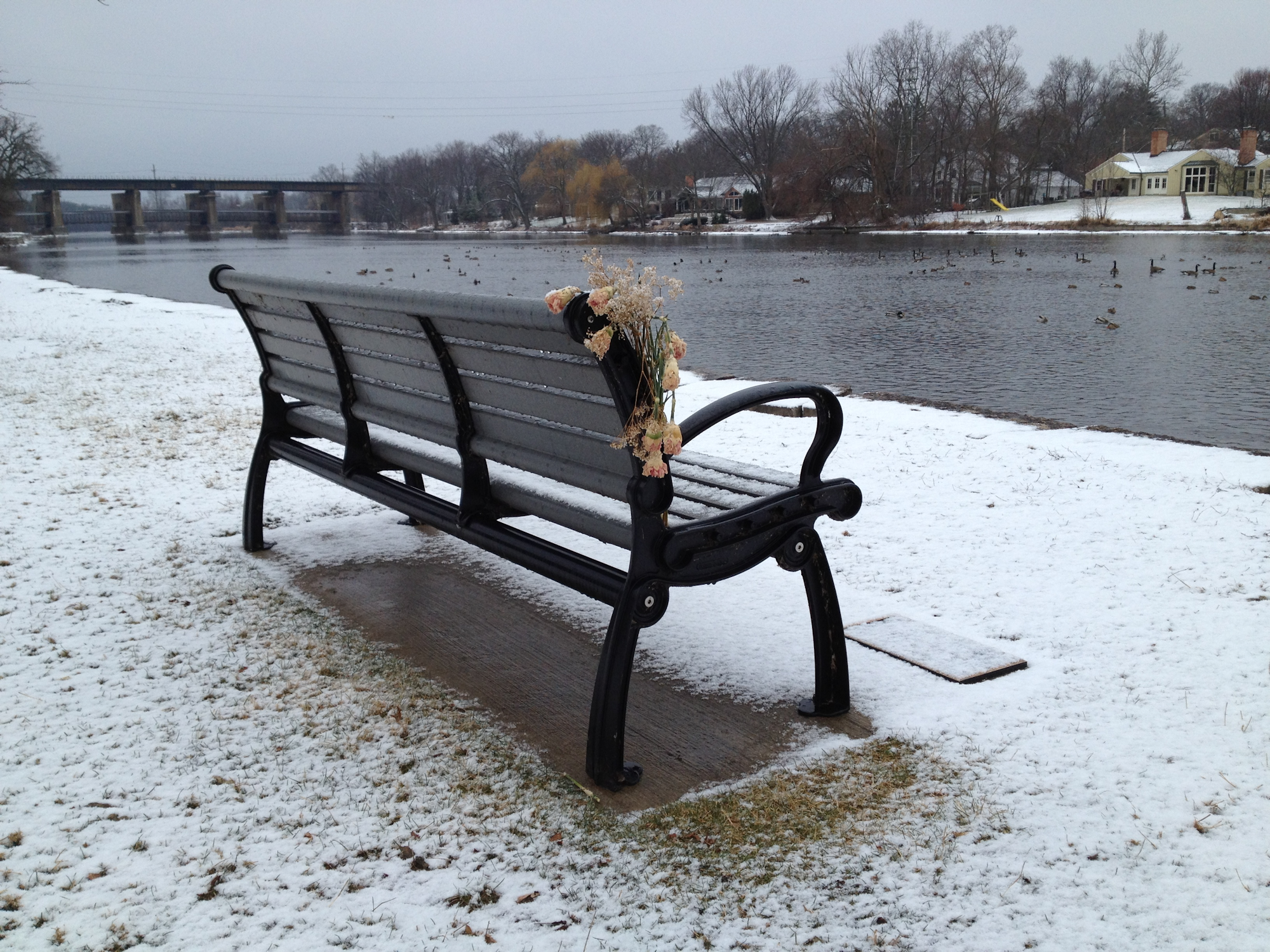 Construction inspectors are responsible for making sure a project is built correctly and meets plans and specifications. Over my 25 years of inspecting, I have had jobs where this is easy because the contractor and his crews are committed to meeting all of their obligations. However, I have occasionally had a worker on a jobsite say something like, “oh, don’t worry about that. It will be covered up an no one will ever know it is there.” To which I usually reply, “well, I will know it’s there so lets fix it and do it right.”
Construction inspectors are responsible for making sure a project is built correctly and meets plans and specifications. Over my 25 years of inspecting, I have had jobs where this is easy because the contractor and his crews are committed to meeting all of their obligations. However, I have occasionally had a worker on a jobsite say something like, “oh, don’t worry about that. It will be covered up an no one will ever know it is there.” To which I usually reply, “well, I will know it’s there so lets fix it and do it right.”
Now most of the time, the crew will go ahead and follow an inspector’s directions. But for those few times when a crew just doesn’t want to cooperate, the inspector can have a very difficult time enforcing the contract. Ultimately, the work can not be accepted, and payment can be withheld. But this situation still causes a problem for the inspector.
So today, I started wondering how social media can help an inspector on a jobsite. What would happen next time I try to make sure something is done right, and the contractor makes that statement that it will be ok; no one will ever know it is there. Do I say, “yes, in fact, the whole world could potentially know because while we speak, I am uploading the photo to Twitter along with your quote and name and company name?”
What if I decide to keep my project diary online in a blog-type format? Will the contractor act differently if I make it clear this diary is online and available for the whole world to potentially see it? Is this something the public would be interested in viewing? Is this something we should be doing?
As we proceed to bid out recovery projects and oversee construction and payments for these projects, should we be looking at implementing these uses of social media to achieve transparency? And if so, are there any other uses or types of information anyone can think of?


